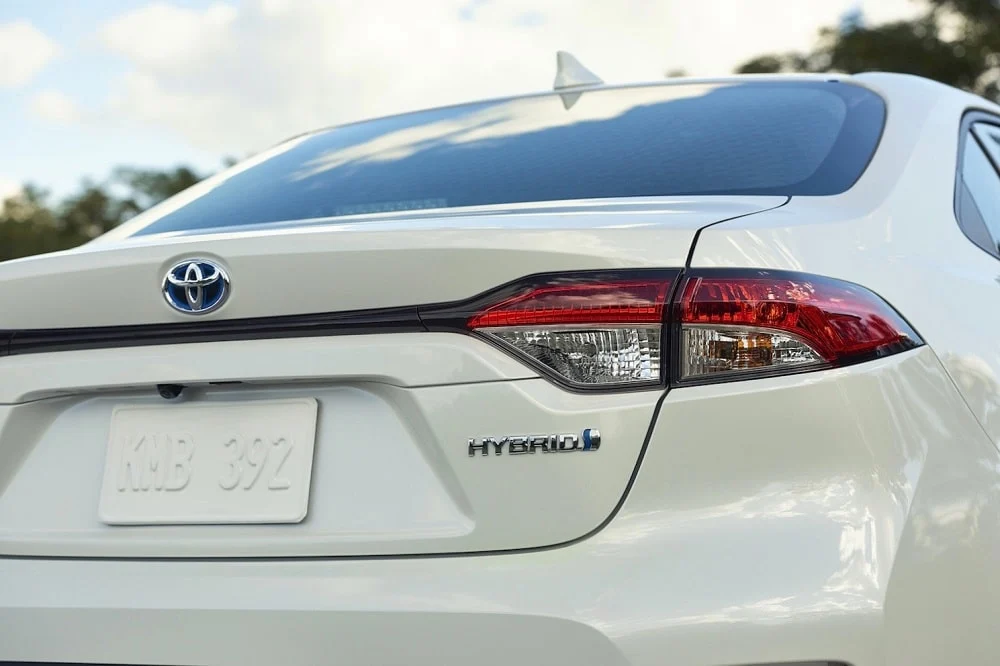Car insurance is a necessary expense for all drivers, but that doesn’t mean you should overpay. With so many options available, finding the best deal on car insurance can feel overwhelming. However, with a little research and some smart strategies, you can secure the right coverage for your needs at a price that fits your budget. Here are some tips to help you find the best deal on car insurance.
Compare Multiple Insurance Providers
One of the most effective ways to find the best deal on car insurance is to compare quotes from multiple providers. Each insurer has its own criteria for setting rates, so premiums can vary significantly from company to company. To get the best deal, take the time to get quotes from at least three to five different insurance companies.
Online comparison tools make it easy to compare quotes quickly. You can input your information once and receive multiple quotes from different insurers, allowing you to make a side-by-side comparison of prices and coverage options.
Understand the Coverage You Need
When shopping for car insurance, it’s important to understand the different types of coverage available and what you actually need. While it’s tempting to choose the cheapest option, having inadequate coverage can leave you financially vulnerable in the event of an accident or claim.
Here are some common types of car insurance coverage to consider:
- Liability Coverage: Covers damage you cause to others in an accident.
- Collision Coverage: Pays for repairs to your car after a collision.
- Comprehensive Coverage: Protects against non-collision incidents, such as theft, vandalism, or natural disasters.
- Uninsured/Underinsured Motorist Coverage: Provides protection if you’re involved in an accident with a driver who doesn’t have enough insurance.
- Personal Injury Protection (PIP): Covers medical expenses for you and your passengers, regardless of fault.
Make sure you are purchasing the right balance of coverage to protect yourself, your car, and others on the road. While liability insurance is usually required by law, other coverages may not be mandatory but can offer valuable protection.
Look for Discounts
Insurance providers often offer a variety of discounts that can help reduce your premium. Be sure to ask about potential discounts when you’re shopping for car insurance. Some common discounts to look for include:
- Good Driver Discount: If you have a clean driving record, you may qualify for a discount.
- Multi-Vehicle Discount: Insuring multiple vehicles with the same company can often lead to significant savings.
- Bundling Discount: Many insurers offer discounts if you bundle your car insurance with other policies, such as home or renters insurance.
- Low Mileage Discount: If you don’t drive your car much, some companies offer lower premiums for drivers who log fewer miles annually.
- Safety Feature Discount: Cars equipped with certain safety features, such as anti-theft devices, airbags, and automatic emergency braking, may qualify for a discount.
When comparing quotes, be sure to ask about all available discounts that you might qualify for.

Consider Your Deductible
Your deductible is the amount you must pay out of pocket before your insurance kicks in to cover the rest of the claim. Generally, the higher your deductible, the lower your premium will be. If you’re willing to take on more risk in exchange for a lower premium, increasing your deductible could save you money on your monthly payments.
However, it’s important to choose a deductible that you can comfortably afford to pay in the event of a claim. Make sure your deductible aligns with your budget and financial situation.
Review Your Credit Score
Many insurance providers use your credit score as a factor in determining your premium. Drivers with higher credit scores are typically offered lower rates, as they are seen as less risky to insure. If your credit score is low, it may be worth taking steps to improve it before shopping for car insurance. Even small improvements in your credit score could result in lower premiums.
It’s also a good idea to review your credit report for any inaccuracies that could be affecting your score. If you find any errors, you can dispute them with the credit bureaus to improve your score and potentially qualify for better insurance rates.
Evaluate Customer Service and Reputation
While price is important, it’s equally essential to consider the quality of service provided by the insurance company. Research customer reviews and ratings to get a sense of how the insurer handles claims, customer service, and policy changes.
Look for companies with high ratings from independent rating agencies like A.M. Best, J.D. Power, or the Better Business Bureau (BBB). Reading customer feedback on websites or asking for recommendations from friends and family can also help you identify companies with strong customer service and a reputation for reliability.
Avoid Over-Insuring Your Vehicle
It can be tempting to purchase extensive coverage, but paying for more coverage than you need can result in higher premiums. While it’s essential to have the right amount of coverage for your situation, there’s no need to over-insure your vehicle.
For example, if your car is older or has a low market value, you may want to consider dropping collision or comprehensive coverage to save money. In these cases, the cost of the insurance coverage could exceed the value of the car itself, making it unnecessary to carry those additional coverages.
Review Your Insurance Annually
Your car insurance needs may change over time, so it’s important to review your policy annually. Life events such as purchasing a new car, moving to a new location, or changing jobs can all impact your insurance rates. By reviewing your policy each year, you can make sure you are still getting the best deal and make adjustments as needed.
Additionally, as your car ages, you may be able to reduce your coverage or deductibles, potentially lowering your premium.
Conclusion
Finding the best deal on car insurance requires research, comparison, and understanding your coverage needs. By comparing quotes from multiple insurers, looking for discounts, adjusting your deductible, and considering your credit score, you can save money while ensuring you have the right protection. Remember to regularly review your policy to ensure you’re always getting the best deal as your needs evolve.










